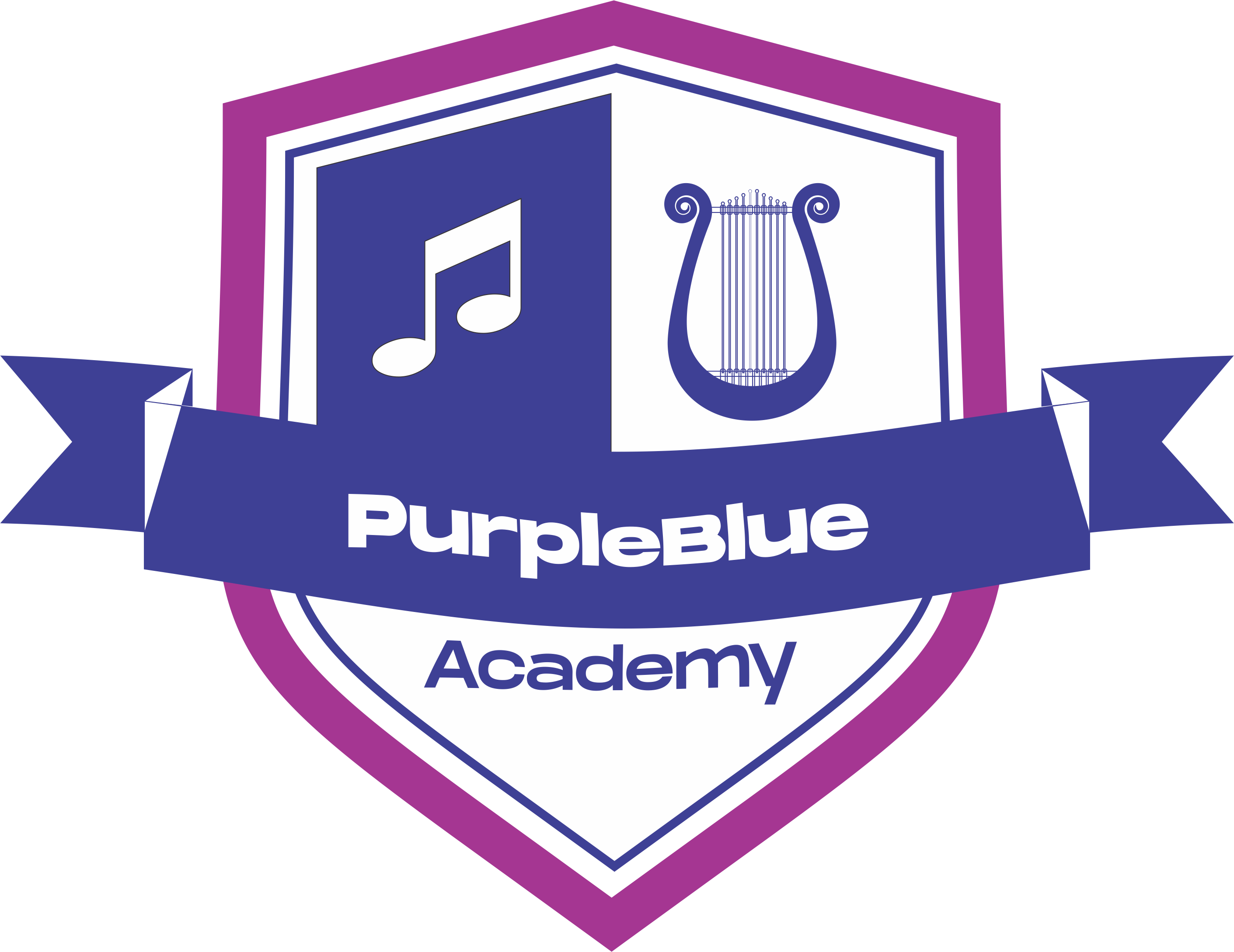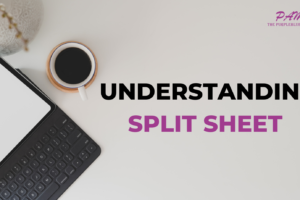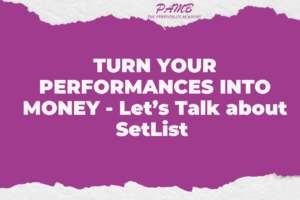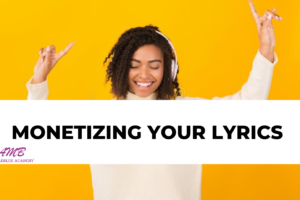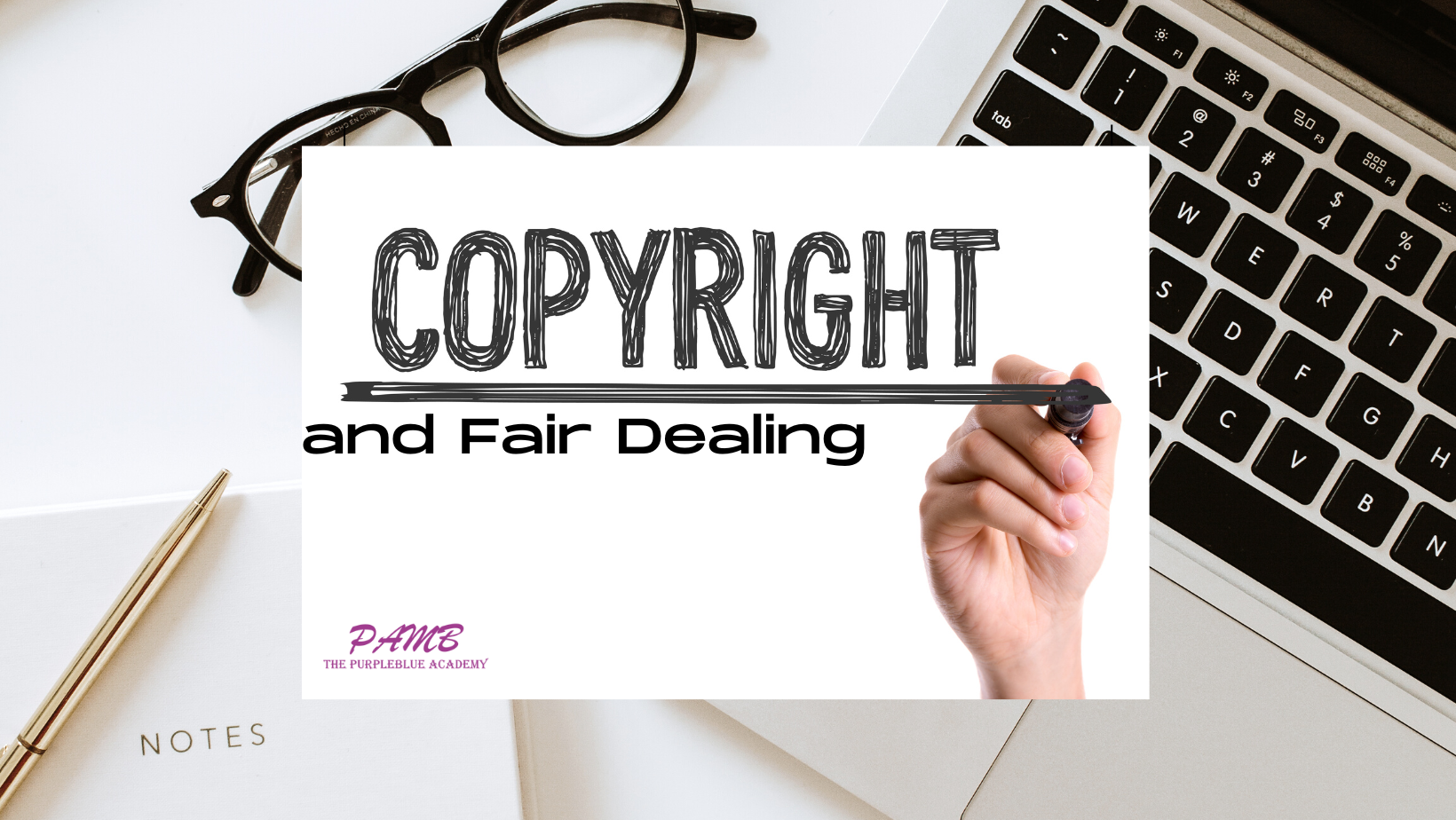
COPYRIGHT AND FAIR DEALING
The copyright laws of many countries, Nigeria inclusive, recognize the concept of fair use or fair dealing. In Nigeria, fair dealing is mentioned in its Copyright Act rather than fair use. The fair dealing exception is perhaps the most significant exception in the Act. The second schedule of the Nigerian Copyright Act provides that the doing of any act controlled by copyright by way of fair dealing for the purposes of research, private use, criticism or review or the reporting of current events would not be considered copyright infringement.
These exceptions are subject to the condition that, if the use of the work is in public, it shall be accompanied by an acknowledgment of the title of the work and its authorship except where the work is incidentally included in a broadcast. When making use of these exceptions to copy an existing work, it is important for you to sufficiently acknowledge the title of the work and its author. However, in a situation where it is impossible to acknowledge the title or author for reasons of practicality, such acknowledgment may not be required.
The exception of fair dealing can only be justified if the exploitation of the work is limited to the four situations mentioned above. It is not a blank cheque for the infringement of the copyright of a creator or rightholder. Any exploitation done outside of the four situations mentioned above would be deemed to be infringement of copyright.
Fair dealing requires that an exploitation must meet the specific purposes spelt out in the Act and must be fair.
What is Fair Dealing?
Fair dealing is a legal term used to establish whether an exploitation of a work in which copyright subsists is lawful or whether its use, infringes on the copyright of the author. There is actually no legal definition of fair dealing. In dealing with the issue, it will always be a matter of fact, degree and impression in each case. The question to be asked is: how would a fair-minded and honest person have dealt with the work?
In describing what fair dealing is, it will be instructive to look at an English copyright law case, Hubbard v Vosper, [1972] on the defence of fair dealing and the statement made by Lord Denning M.R in the case. According to Wikipedia, “Hubbard v Vosper, is a leading English copyright law case on the defence of fair dealing. The Church of Scientology sued a former member, Cyril Vosper, for copyright infringement due to the publication of a book, The Mind Benders, criticizing Scientology. The Church of Scientology alleged that the books contained material copied from books and documents written by L. Ron Hubbard, as well as containing confidential information pertaining to Scientology courses. Vosper successfully defended the claim under the fair dealing doctrine, with the Court of Appeal deciding unanimously in his favour. The judgment given by Lord Denning clarified the scope and content of the fair dealing defence.”
In clarifying the doctrine of fair dealing, Lord Denning writing the lead judgment for the Court of Appeal stated that:
“It is impossible to define what is “fair dealing.” It must be a question of degree. You must consider first the number and extent of the quotations and extracts. Are they altogether too many and too long to be fair? Then you must consider the use made of them. If they are used as a basis for comment, criticism or review, that may be fair dealing. If they are used to convey the same information as the author, for a rival purpose, that may be unfair. Next, you must consider the proportions. To take long extracts and attach short comments may be unfair. But short extracts and long comments may be fair. Other considerations may come to mind also. But, after all is said and done, it must be a matter of impression. As with fair comment in the law of libel, so with fair dealing in the law of copyright. The tribunal of fact must decide. In the present case, there is material on which the tribunal of fact could find this to be fair dealing.” – the emphasizes are mine.
I have reproduced here under, “factors that have been identified by the courts as relevant in determining whether a particular dealing with a work is fair:
- Does using the work affect the market for the original work? If a use of a work acts as a substitute for it, causing the owner to lose revenue, then it is not likely to be fair.
- Is the amount of the work taken reasonable and appropriate? Was it necessary to use the amount that was taken? Usually only part of a work may be used. The relative importance of any one factor will vary according to the case in hand and the type of dealing in question.”
Is there a difference between Fair Dealing and Fair Use?
According to Deloitte Access Economics (2018), “the objective of fair use and fair dealing is the same – to promote creativity through the appropriate and proportional reuse of previous works. The difference between the two is how each serve that overall design. While fair dealing pursues that objective by specifying in legislation permissible uses, fair use does so by setting out a standard that can be applied to any potential use of copyright material.”
An exploitation is considered fair dealing if it meets certain laid down prescriptive standards. For example, an individual who records a broadcast programme solely for private use in order to watch it or listen to it later or at a more convenient time, does not infringe on copyright. Any exploitation outside of this rule, is an infringement of copyright.
In determining therefore whether an exploitation of a work is fair dealing or fair us, these following factors must be considered:
- The nature, character and purpose of the use, including whether such use is of a commercial nature or is for non-profit educational purposes.
- The nature of the work used.
- The amount and substantiality of the portion of the work used in relation to the work as a whole.
- The likely effect of the use on the potential market for the work or commercial value of the work.
- If the use does not conflict with a normal exploitation of the work and does not unreasonably prejudice the legitimate interests of the owner of copyright.
Thank you and stay safe.
CHINEDU CHUKWUJI, PhD
Chinedu Chukwuji is a Copyright and Music Business Expert, Lead Consultant at PurpleBlue Entertainment Solutions and founder of PurpleBlue Academy of Music Business
